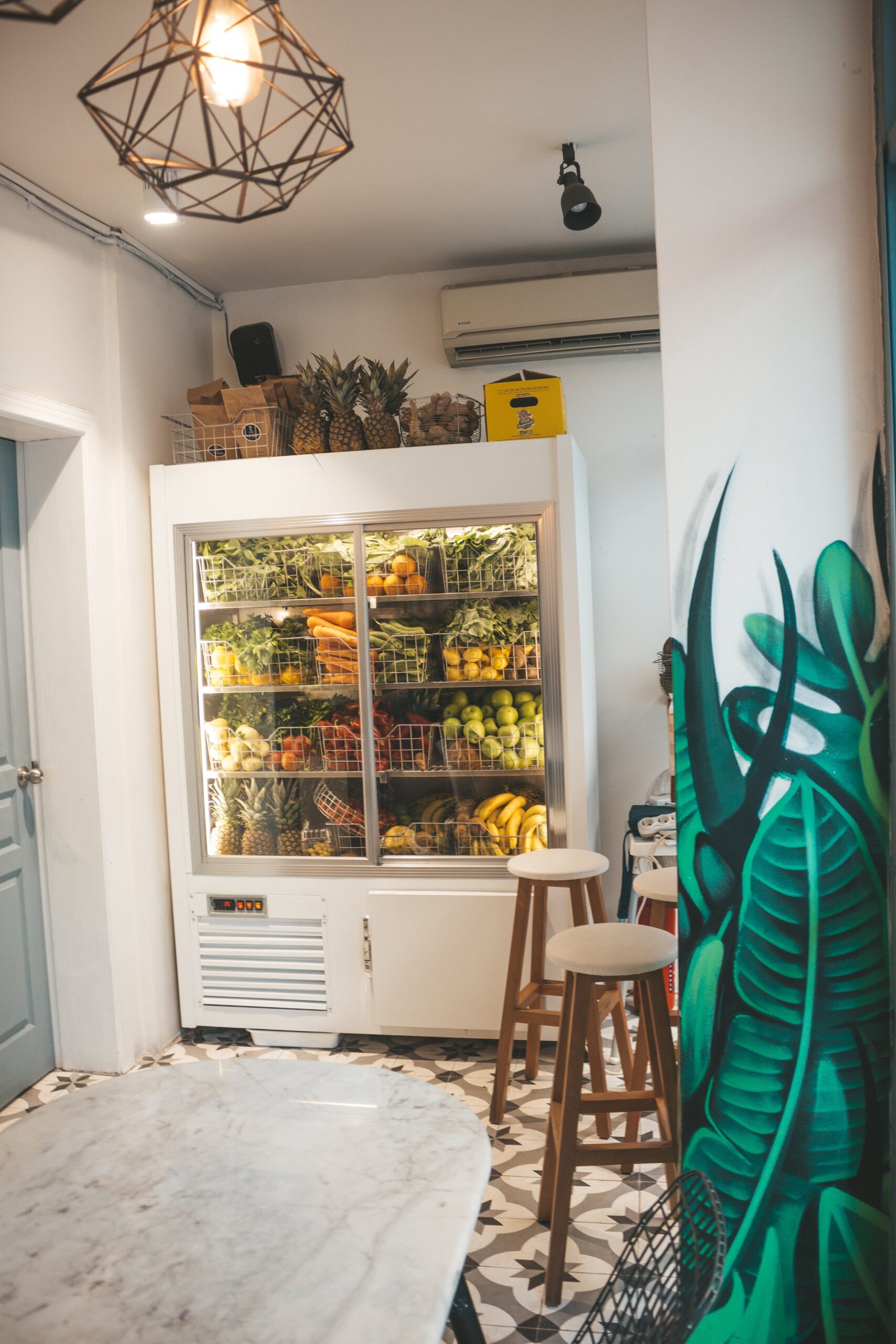It is rightly said, “We are what we eat.” Apart from what we eat, how we store the food, freeze, refrigerate, or dry stock them also performs an important role in our health. Hundreds of edible items vie for your attention to get transferred from the supermarket aisles to your refrigerator shelves.
There are many ways to ensure efficient food storage, like using the top vacuum sealer, fermenting in glass jars, and so on, based on the type of food and duration of storage. The FDA recommends following basic principles to keep the food safe and maintain the storage space clean at all times.
Here are the four must-have food items that any meal prepper should stock in their refrigerator.
Meat
Beef, pork, fish, chicken, turkey – meat encompasses edible items that are a must on everyone’s plate in one form or the other. This is the most common and essential item for you to store in your refrigerator. Plot a game plan so that you can stock enough meat for a complete week. To store meat safely:
- Put it in the freezer without taking it out of the store wrap. Before eating, thaw for about 30 minutes and grill, barbecue, or cook as
- If cut into small portions, vacuum-seal it using the top vacuum sealer as vacuum-sealing significantly increases the shelf life of the meat.
Not only meat, but you can store pretty much all kinds of food like cheese, vegetables, fruits, etc., by vacuum sealing them. This technique removes air during the sealing process and adds a protective layer to the food. It also prevents food dehydration and freezer burns. So no more icy, texture-less edibles that need an eternity to thaw.
Vegetables
You cannot skip vegetables as they provide you with essential nutrients, vitamins, and fibers, seeing a host of health benefits.
You can store most vegetables like potatoes, eggplants, onions, peppers, etc., inside the crisper in the refrigerator. But to store them effectively, keep these points in mind:
- Always store them inside a plastic bag or container. Do not store fruits and vegetables together. Keep separate containers for them, as each of them emits unique natural
- Pre-cut vegetables stored for a long time should be vacuum-sealed, preferably using a top vacuum sealer.
- Do not wash the vegetables before storing them, as it might increase their chances of getting spoiled or developing mold.
Fruits and Nuts
If you haven’t already, you must include fruits and nuts in your daily diet. Bananas, apples, avocados, grapefruits, oranges are readily available fruits that you can include in your diet as snacks or desserts. If you’re not into regular fruits, try berries. These tangy little fruits are versatile and can be added to other food items like cakes, pastries, or made into jams as well.
Bear these points in mind to store them efficiently in the refrigerator:
- Always store fruits and nuts inside a dry container to avoid instances of molding.
- Store nuts inside a clean container or a vacuum-sealed bag.
- Some fruits like avocados and tomatoes should not be refrigerated unless they show signs of ripening. Once they begin to ripen, you can refrigerate them as this process will increase their lifespan.
Cruciferous Vegetables
Although technically considered vegetables, cruciferous veggies like celery, broccoli, and cauliflower need different storing methods to ensure an extended freshness period. Use tin foil to tightly wrap them before putting them in the crisper.
If the items mentioned in the list do not seem appealing, you can also include other essential edibles like dairy and eggs in your list of essentials.

